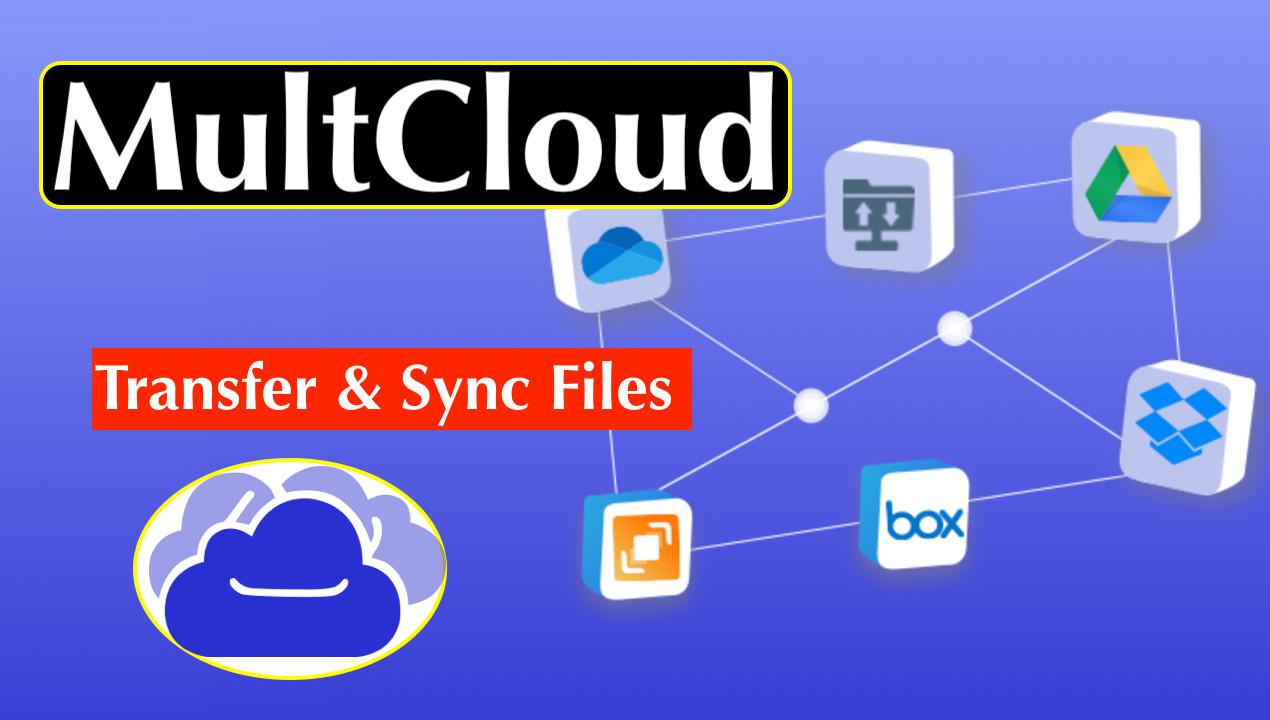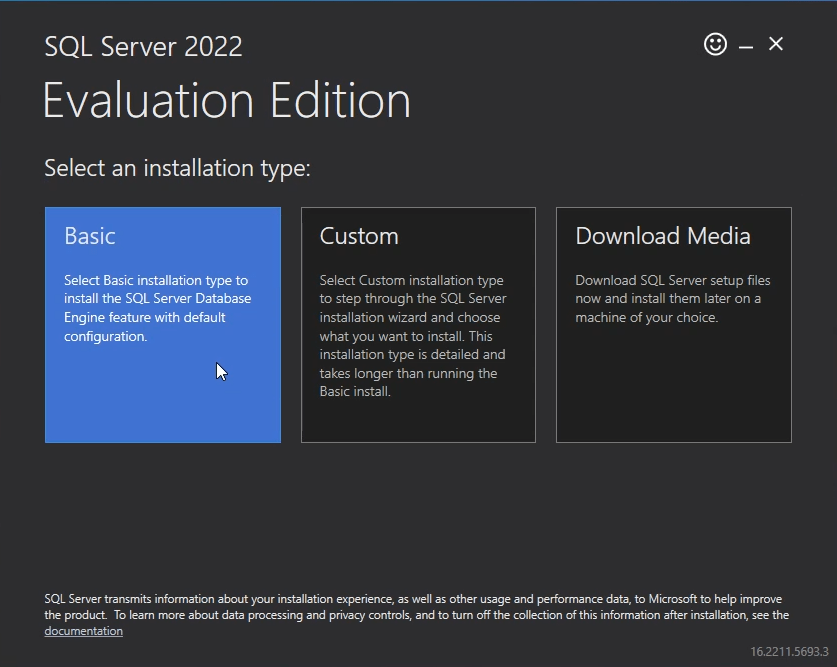How to Choose the Best Cloud Server for Small Businesses
For small business owners, deciding on the right cloud server for their goals is a daunting yet essential step. With many providers offering various levels of performance and cost structures, it’s important to understand what type of service will best suit your business’s requirements before making a commitment.
It’s absolutely imperative for any small business to comprehensively assess the necessary IT requirements, scalability potential, security measures, and customer support when selecting a cloud service provider, and this article is here to help!
Evaluate Your Current IT Needs and Determine What Type of Cloud Server You’ll Need
To be competitive in the modern digital world, a dependable and optimized IT infrastructure is an absolute must-have to meet your business’s individual requirements. Evaluating your current IT needs and determining the type of cloud services that best suits your company’s requirements is crucial.
Cloud computing became a global phenomenon, with 94% of businesses around the world leveraging its capabilities – and it’s no secret why. With an abundance of choices presenting their own exclusive advantages, there really isn’t any better way to go. While selecting the perfect cloud server for your business may seem overwhelming at first, it is ultimately worth all the effort. Therefore, take some time to consider your company’s IT needs and decide on a premium cloud that will exponentially elevate your enterprise!
Research the Different Types of Cloud Servers Available and Their Features
From private and public clouds to virtual or hybrid offerings— you can find a customized solution that provides the right amount of scalability, security, and flexibility for your business.
When selecting a cloud server, an essential factor to consider is the proximity of the hosting provider. If you’re in Argentina for example, Look for cloud server Argentina-based service providers instead of opting for overseas alternatives. Doing your due diligence and exploring all available options will allow you to identify which cloud technology best suits your specific needs.
Consider Factors Such as Scalability, Storage Capacity, Cost, and Security
By utilizing a scalable cloud server, you can easily handle the rising demand for traffic and data as your business expands. Ample storage capabilities ensure that all of your valuable information will stay safe without breaking the bank; plus, with security protocols in place, you have the assurance that your private data is uncompromised from cybercrime. Cost efficiency is also key when it comes to selecting a suitable cloud server for your company.
By taking into account all the pertinent details, you can make an educated decision and opt for the optimal cloud server that will best serve your business.
Find Out Whether the Vendor Offers Managed Services or Requires Manual Maintenance
As we consider which cloud server vendor to choose, it’s important to investigate whether they offer managed services or require manual maintenance. With managed services, the vendor handles tasks like updates, security patches, and backups, freeing up our own time and resources.
On the other hand, manual maintenance means we’ll be responsible for those tasks ourselves, which could take up valuable time and cause potential security risks if not done correctly. By looking into whether the vendor offers managed services, we can ensure a smoother experience and peace of mind knowing our server is in good hands.
Make Sure the Cloud Server Is Compatible With Your Existing Hardware and Software Applications
A critical factor to think about when establishing a cloud server is its compatibility. Making sure your current hardware and software applications are up-to-date is paramount. Before making any decisions, it’s vital to know whether the cloud server you’re considering will work seamlessly with all of your current tools and equipment.
To avoid a major headache, be sure to do your due diligence and double-check that the cloud server you are investing in won’t conflict with your current setup. Investing time upfront for research will pay off later – allowing for an effortless switchover to the cloud and optimal results.
Bottom Line
Choosing the best cloud server for a small business requires a thorough understanding of the business’s needs and its IT infrastructure. If you have trouble determining which server type is most fitting for your enterprise, an expert IT specialist can provide detailed advice on selecting the optimal option. Ultimately, investing in the right cloud server will give your small business access to reliable performance, data security, and better scalability options.








